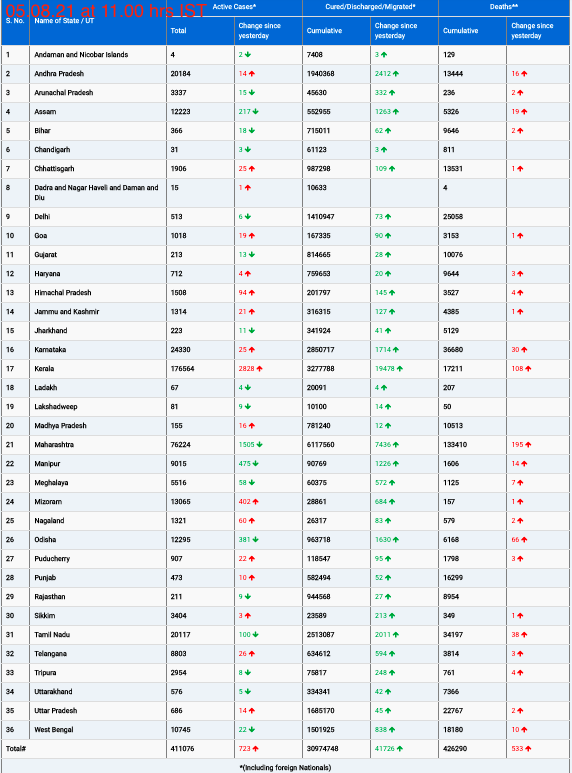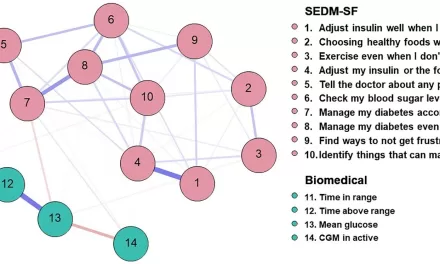A groundbreaking study led by McGill University reveals a concerning connection between alcohol consumption and more severe allergic reactions in individuals with tree nut allergies. The research, spearheaded by Dr. Moshe Ben-Shoshan’s team, suggests that alcohol—particularly when consumed alongside nuts or nut-flavored drinks—may exacerbate anaphylactic responses, offering a sobering reminder for those at risk.
The study, which was published in International Archives of Allergy and Immunology, indicates that alcohol intake can worsen reactions in people with nut allergies. It also raises the possibility that nut-flavored alcoholic beverages, even those made with artificial flavoring, could expose individuals to trace amounts of allergens, increasing the likelihood of a severe reaction.
Dr. Ben-Shoshan’s team analyzed over 1,100 cases of anaphylaxis treated in Canadian emergency rooms over the past decade. The findings reveal food as the most common trigger for severe allergic reactions, accounting for more than half of the cases. Among these, tree nuts were notably linked to symptoms like throat tightness, which was more pronounced than with other allergens. Additionally, insect stings were more likely to provoke heart-related symptoms such as low blood pressure.
A key takeaway from the study is the need for better understanding of the specific triggers and symptoms of anaphylaxis. Despite the life-saving potential of epinephrine in treating these reactions, medical professionals often struggle to identify patterns that could speed up diagnosis and treatment. The study suggests that identifying these patterns could lead to quicker, more effective interventions during emergencies.
“For doctors, spotting patterns could mean faster, life-saving treatment in emergencies. For people with allergies, understanding the role of alcohol and other triggers can help them make safer choices,” said Roy Khalaf, a fourth-year medical student and lead author of the study. “With the holiday season’s abundance of nut-based treats and specialty beverages, the risk of accidental exposure to allergens requires careful attention.”
The findings also have broader implications for the food and beverage industry, particularly when it comes to allergen labeling. Khalaf emphasized the importance of clear and accurate allergen information to protect consumers, especially during times of year when nut-based products are prevalent.
This study is one of the first large-scale Canadian investigations into adult anaphylaxis, an area that has previously lacked sufficient data. The researchers aim to continue their work by exploring milder allergic reactions outside of emergency care and further examining the relationship between alcohol and nut allergies in order to improve allergy management strategies.
For more details, the study can be accessed in International Archives of Allergy and Immunology.
Source: Roy Khalaf et al., Symptomatology and Management of Adult Anaphylaxis according to Trigger: A Cross-Sectional Study, International Archives of Allergy and Immunology (2024). DOI: 10.1159/000542115











